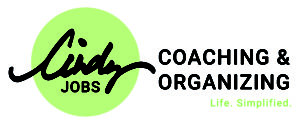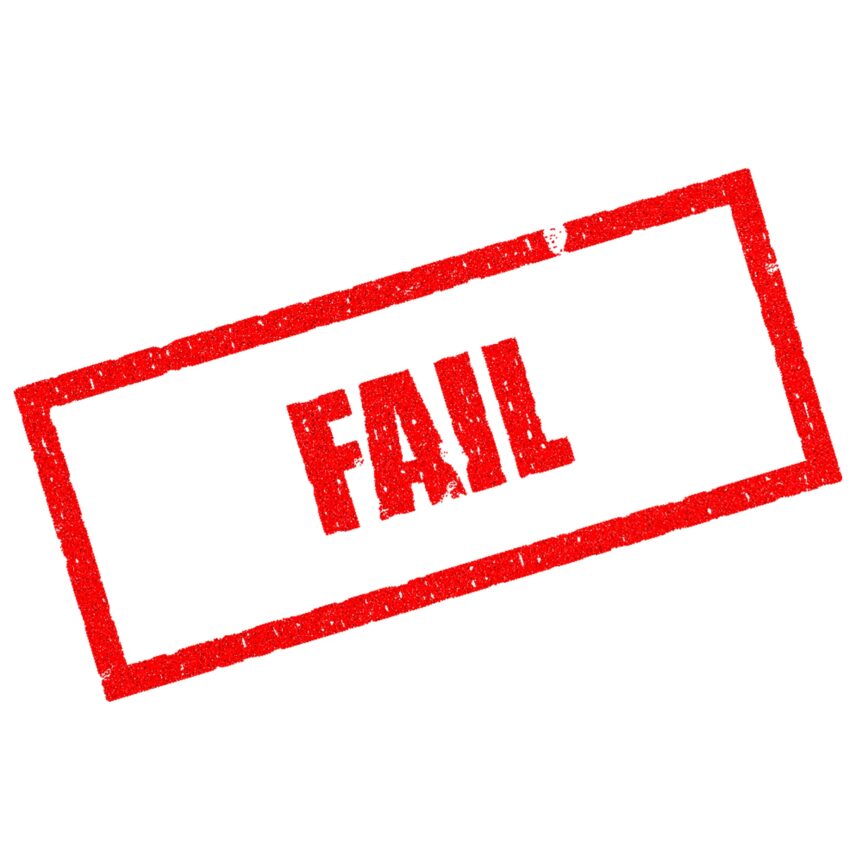“Failure is not the opposite of success; it’s part of success.” — Arianna Huffington
The stress of perceived failure is so high that many people don’t even try new things. Honestly, I suffer from fear of failure a bit myself. It’s hard to wrap my head around that failing is the best way to achieve success.
There are many benefits of failure, not the least of which is building resilience. Resilience is the process of adapting well in the face of adversity, trauma, tragedy, threats, or significant stress sources. The great thing about resilience is that it can be learned. Building resilience in the present helps manage future adversity and stress.
Funny thing: A history of some adversity (resilience-building opportunities) results in greater life satisfaction than if one hadn’t experienced any adversity. How weird is that?
How can you help build resilience?
- Focus on self-care (healthy eating, vigorous exercise, and good sleep hygiene). A healthy body makes managing stressful situations more manageable.
- Give yourself dopamine hits throughout the day by creating small opportunities for success (clean the bathroom, not the whole house).
- Change your perspective about stress. Seeing stress as only negative affects your health and well-being. According to the National Library of Medicine, “The amount of stress and the perception that stress affects health interacted such that those who reported a lot of stress and that stress impacted their health a lot had a 43% increased risk of premature death.”
- View stress as a challenge, not a threat. “When we experience stress as a challenge rather than a threat, it can result in improved performance, as well as benefits in short-term health outcomes.” (Dr. Irena O’Brien, Ph.D., The Neuroscience School)
- Focus on your breath. “Slow, rhythmic breathing increases your tolerance to stress and your recovery from prior accumulated stress.” “Research has shown that six breaths per minute are the ideal number of breaths.” (Dr. Irena O’Brien, Ph.D., The Neuroscience School).
Stress and failure are a part of our lives.
- What can you do to embrace stress and failure as a positive part of your life?
- What do you want to try, knowing you may fail but will move you closer to success?
- What can you start doing today to help you better manage the stress that may come your way?
Cindy Jobs
Looking for more information?
For a list of my favorite ADHD resources, check out my website for more information.
If you think you have ADHD and would benefit from some coaching, here’s some ADHD Coaching information.
Click here for ADHD-friendly Time Management Tools
Click here for 15-minute organizing tips.
Click here to schedule a complimentary breakthrough session.
For more helpful information, follow me on Facebook.


Former Member:








